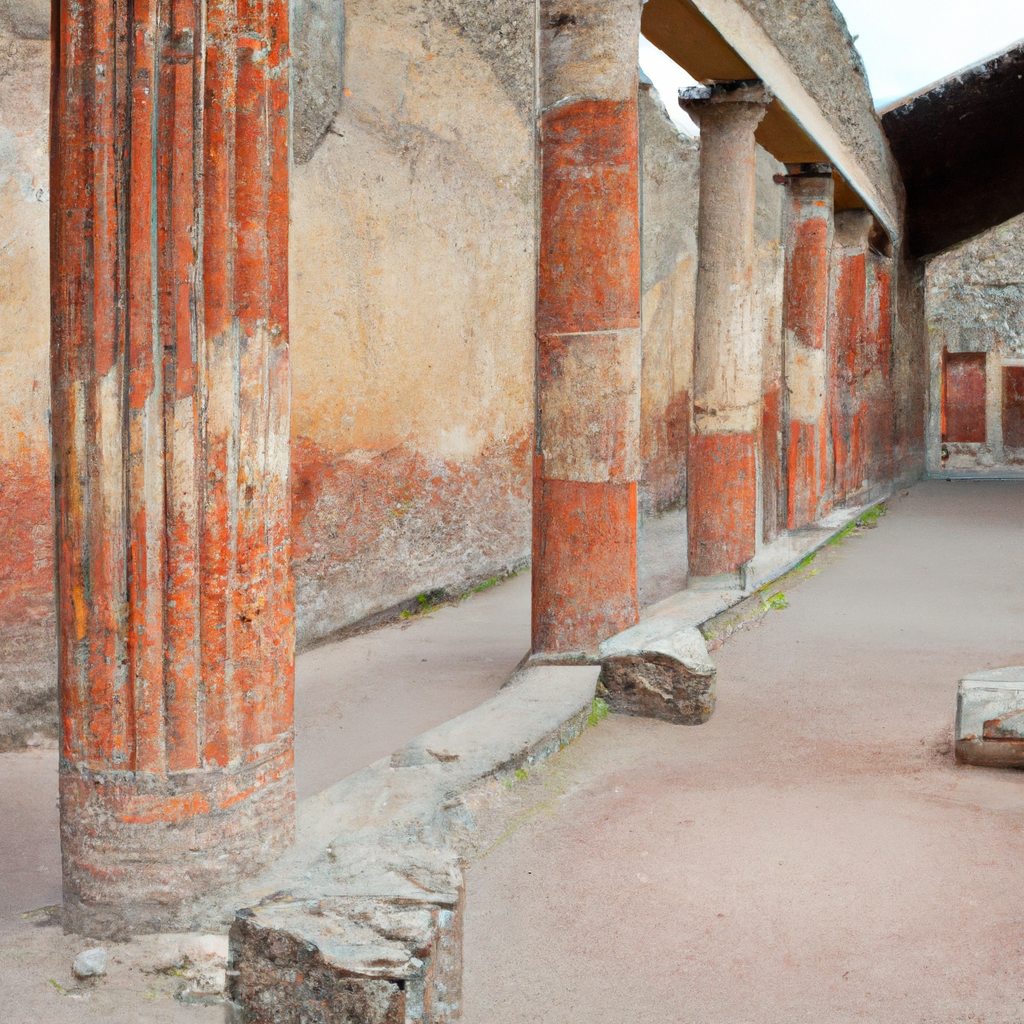
In an act that starkly contrasts the deep, appreciative whispers that usually fill the air of Italy’s ancient city, Pompeii, a tourist recently inscribed their own legacy in a most unwelcome form. With a casual disregard for the profound historical significance and fragility of the location, they carved their name into the venerable walls of an age-old villa—a canvas that has withstood the ravages of volcanoes and centuries alike.
The transgression not only interrupts the silent reverence owed to this UNESCO World Heritage site but poses a poignant question about our interactions with the irreplaceable tapestries of human history. The act of vandalism pulls into focus a broader conversation on cultural preservation and the responsibilities that come with access to global heritage.
Pompeii, once buried under meters of ash and pumice, offers a frozen glimpse into ancient life. Its preserved streets and homes, adorned with frescoes and mosaics, tell stories that transcend time, speaking of daily routines, hidden fears, and unspoken joys of its erstwhile residents. Every wall, every artifact, and every unearthed item stands as a testament to the ingenuity and everyday moments of past lives.
The vandal’s careless act has now necessitated restoration work, a process that will painstakingly attempt to erase the recent incursion while preserving the original essence of the relic. It is a reminder of the fragility of history and the care that must be exercised to maintain its integrity for future generations.
As stewards of such immeasurable treasures, the need for vigilance and respect in our interactions with ancient sites becomes paramount. Such episodes serve as a stark reminder of the delicate balance between celebrating our global heritage and preserving it. It is a philosophical dialogue that resonates deeply in the realms of art and culture, where every mark made is a statement of presence, inviting us to ponder the impact of our touch.
To witness the layers of history is a privilege that comes with the duty to ensure its passage through time unscathed, allowing others the same silent conversation with antiquity. As lovers of culture and guardians of history, we are compelled to reflect on what legacy we choose to leave behind in the wake of our curiosity and awe.